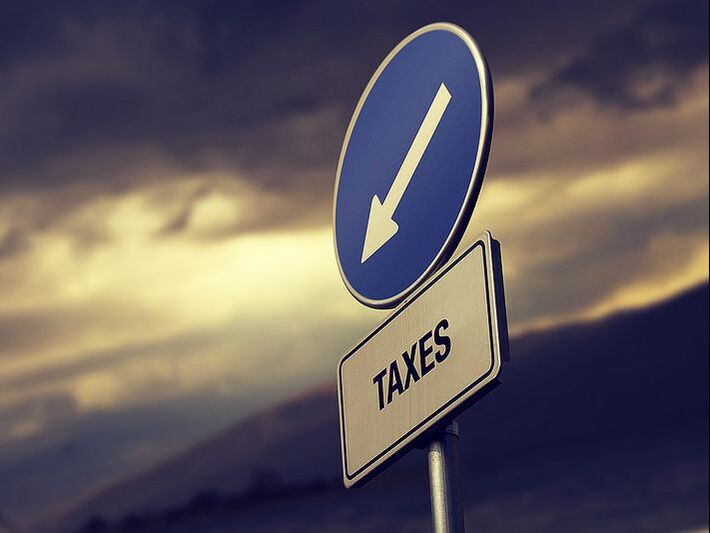PUBLIC REVENUE AND EXPENDITURE IN KENYA
National budget
Components of the national and county governments’ budgets in Kenya.
The process of Budget preparation and implementation in Kenya.
Three months before the end of each financial year, the head of each department or State organ submits estimates of revenues and expenditures for the following year to the secretary for finance.
Two months before the end of each financial year, the Cabinet Secretary for finance submits to the National Assembly estimates of the revenue and expenditure of the national government for the following financial year. He also submits a detailed national fiscal, monetary and development plan for a period of three years prepared by him in collaboration with the Secretary responsible for planning and national development. The estimates include estimates for expenditure from the Equalization Fund. The National Assembly then considers the estimates submitted together with the estimates submitted by the Parliamentary Service Commission and the Chief Registrar of the Judiciary. Before the National Assembly considers the estimates of revenue and expenditure, a committee of the Assembly will discuss and review the estimates and make recommendations to the Assembly. Committee makes its recommendations to the National Assembly. When the estimates have been approved by the National Assembly, there will be an Appropriation Bill, introduced into the National Assembly to authorize the withdrawal from the Consolidated Fund of the money needed for the expenditure. The Appropriation Bill will not include expenditures that are charged on the Consolidated Fund. Reasons for the preparing of a national budget in Kenya
Sources of government revenue in Kenya
Domestic revenue sources
Group of taxes
Direct taxes
Indirect taxes
External sources:1. BILATERAL AID
This is where two friendly nations assist each other e.g. Kenya and Japan
2. Multilateral aid
This involves many countries that have formed trading blocs or a global institution to help poor nations includes; the IMF world bank, European Union, common wealth etc
County governments
Equalization fund
The money collected by the national government to be used to provide based services to marginalized areas in order to bring the quality of these services to the level enjoyed by the test of the country
Consolidated fund
All money raised or received by or on behalf of the national government
Revenue funds, for each county government
All money raised or received by or on behalf of the county government
Contingencies fund
To cater for urgent end foreseen emergencies and expenditure
Challenges facing government effort in raising revenue
External challenges
Ways how the government spends revenue
Capital Expenditure
County governments
Recurrent expenditure
Management of public finance - National government
Management of public finance - County government
Public Accounts Committee (PAC)
Comprises of members of parliament drawn from major political parties
Functions of Public Accounts Committee (PAC)
Public Investment Committee (PIC) - Functions
Factors that determine equitable sharing of public finance.
Regulations that govern imposition of taxes and charges in Kenya.
How the national government spends its money under recurrent expenditure.
County government expenditure
County governments spend their monies in the following ways;
Ways through which proper management of public finances by national government is ensured in Kenya.
Management and expenditure of public finances in county governments.
The controller of BudgetRole of the controller of budget.
The Commission on Revenue Allocation.
The Commission consists of;
Functions of the commission of Revenue Allocation.
Functions of Central Bank
Why the Economic and Social Council established in Kenya.
1 Comment
Patrick Omoga Otieno
22/2/2020 13:17:38
Good notes but some sections omitted...
Reply
Leave a Reply. |
Archives
April 2024
Categories
All
|

 RSS Feed
RSS Feed